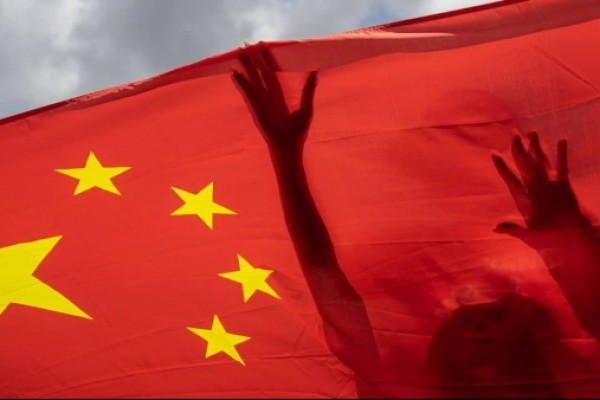| China should have a better treatment in international media landscape | |

| Author: CSEBA / SEEbiz |
| 15th May 2021 |
| BEIJING - China, the world's second largest economy, the biggest developing country with 1.4 billion people, nearly one fifth of the world's total, with an uninterrupted civilization of 5,000 years, should have and deserves a place in the international media landscape, a Chinese foreign ministry spokesperson said on Tuesday. |
|
Spokesperson Hua Chunying made the remarks at a daily press briefing when asked to comment on a recent American media report saying that China is creating an alternative to a global news media dominated by outlets like the BBC and CNN, and inserting Chinese money, power and perspective into the media in almost every country in the world. "The world is a diverse and colorful place. In the media sector, instead of having CNN and BBC only, countries should all have their own voices," Hua said. Due to difference in systems, media outlets in different countries operate in different ways. When evaluating whether a media organization is professional, the most important thing to refer to is whether it abides by journalism ethics of being objective and just in its reporting, she added. "I have noted that the U.S. Senate Foreign Affairs Committee passed the Strategic Competition Act of 2021, which authorizes $300 million to be appropriated for each fiscal year to 'counter the malign influence of the Chinese Communist Party globally'," Hua said, stressing that Chinese media make coverage in an objective way and never concoct or disseminate disinformation targeting other countries. Hua said that Xinhua News Agency is a world-renowned agency with nearly 90 years of history. Following customary operation rules, it provides authoritative and professional news service to global users. Its cooperation with other news agencies is no different from that of AP, Reuters, AFP, Kyodo with others. "No one can deprive Chinese media like Xinhua their right to exchange and cooperation just because it is from China, a socialist country. Accusing Xinhua of engaging in exchange and cooperation with other agencies based on this alone is some sort of ideological bias and political discrimination," she said. Hua noted that it is a complete distortion of facts to accuse China of suppressing foreign media and denying U.S. journalists visas. She said that "After the outbreak of COVID-19, we did what we could to overcome difficulties and help China-based American journalists and their families stranded overseas to return to China. Even though the U.S. refuses to grant Chinese journalists visa extension, we still offer support and assistance to American journalists working in China like all foreign journalists. Their reporting here has not been affected at all." By abusing discourse hegemony, the U.S. has launched a disinformation attack on China under the pretext of media freedom. In the meantime, the U.S. is letting ideology override the principles of objectivity and authenticity and justifying its political manipulation of cracking down on Chinese media through denigration. Such moves are barely-veiled media hegemony or discourse hegemony, Hua said. |
 |
|
| 23rd November 2024 | |
| China has good news for Croatian citizens | |
 |
|
| 7th November 2024 | |
| Pelagos net farm products presented at the Shanghai fai | |